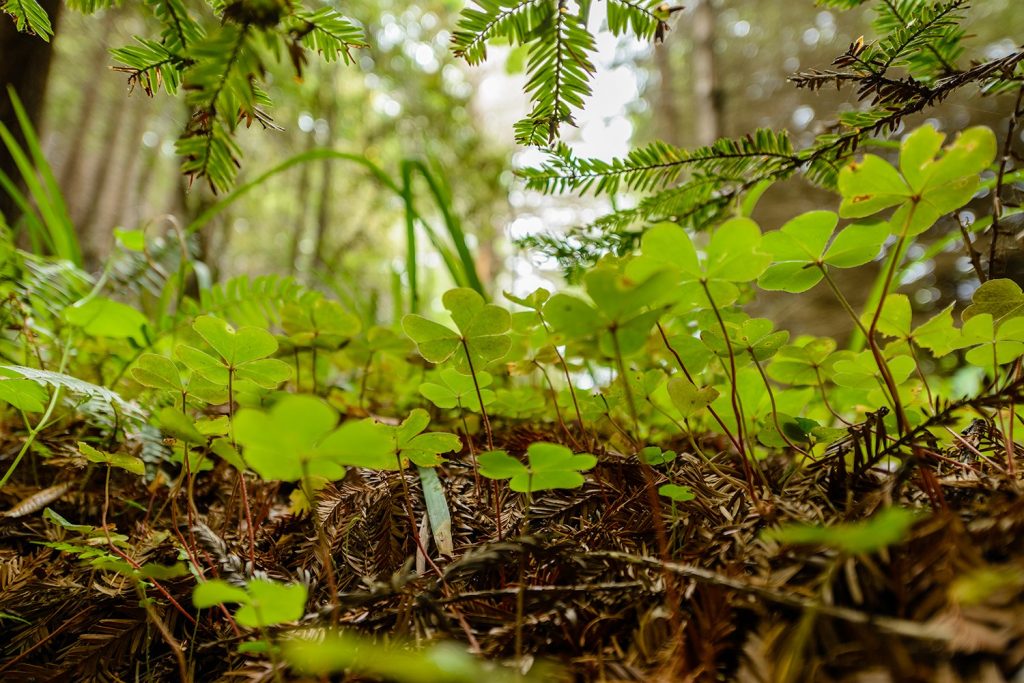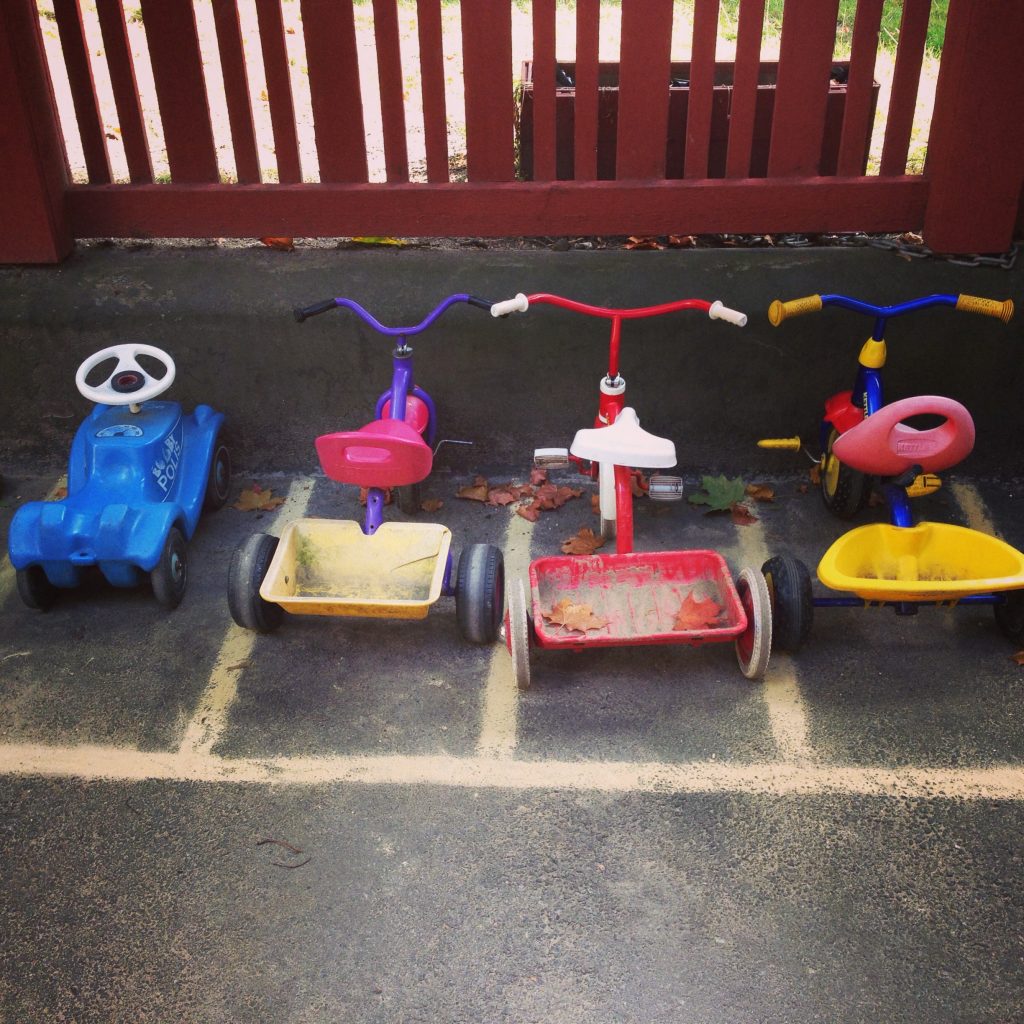
By: The Posts Author | Posted on: 18 Feb 21
Nora Bateson, Jan 2021Continue reading on Medium »
Nora Bateson, Jan 2021Continue reading on Medium »

By: The Posts Author | Posted on: 18 Feb 21
Nora Bateson, Jan 2021Continue reading on Medium »
Nora Bateson, Jan 2021Continue reading on Medium »

By: The Posts Author | Posted on: 9 Feb 21
The making of an amazing online courseNati and I are putting the finishing touches on the course design for our guided learning program: Patterns for Decentralised Organising. I’m feeling totally jazzed because I reckon this will be our best training yet. In this post I wanna share some of the details about our pedagogy and curriculum in case you’re curious about how and what we teach.ApproachIn an earlier post I explained the pedagogical approach we were using for our face-to-face workshops in 2017, based on the neuroscience of learning explained in Sharon Bowman’s excellent book Training From the Back of the Room.Essentially our
The making of an amazing online courseNati and I are putting the finishing touches on the course design for our guided learning program: Patterns for Decentralised Organising. I’m feeling totally jazzed because I reckon this will be our best training yet. In this post I wanna share some of the details about our pedagogy and curriculum in case you’re curious about

By: The Posts Author | Posted on: 17 Jul 20
“The best way to predict the future is to invent it.” – Alan Kay The Long Now Foundation has partnered with Avenues: The World School to offer a program on the past, present, and future of innovation. A fully online program for ages 17 and above, the Avenues Mastery Year is designed to equip aspiring inventors with the ability to: Conceive original ideas and translate those ideas into inventions through design and prototyping, Communicate the impact of the invention with an effective pitch deck and business plan, Ultimately file for and receive patent pending status with the United States Patent and Trademark
“The best way to predict the future is to invent it.” – Alan Kay The Long Now Foundation has partnered with Avenues: The World School to offer a program on the past, present, and future of innovation. A fully online program for ages 17 and above, the Avenues Mastery Year is designed to equip aspiring inventors with the ability to:

By: The Posts Author | Posted on: 21 Jun 20
by Opaline Lysiak & Thomas Lovett — adapted from an original article published on 4ReturnsStudents in an agriculture school happy to use tools to study soil lifeThe time is right to empower youth and bring on an agricultural revolutionMore than 40% of farmers will be retired by 2030 in Europe. That means the disappearance of 230,000 farmers in France over the next 10 years. Farming is a risky business to get into and the profession is greatly undervalued. At the same time, there are issues of prolonged drought, rising temperatures and increased food insecurity for people in France and beyond. We need a new
by Opaline Lysiak & Thomas Lovett — adapted from an original article published on 4ReturnsStudents in an agriculture school happy to use tools to study soil lifeThe time is right to empower youth and bring on an agricultural revolutionMore than 40% of farmers will be retired by 2030 in Europe. That means the disappearance of 230,000 farmers in France over the next 10 years.

By: The Posts Author | Posted on: 20 Mar 20
Nora BatesonContinue reading on Medium »
Nora BatesonContinue reading on Medium »

By: The Posts Author | Posted on: 13 Mar 20
article by Simoon Fransen & Joke MiddelbeekThe African saying “it takes a village to raise a child” acquires a new meaning for us: “it takes a community to raise a child”. But the reverse is also true: it takes a child to raise a community.The system crisis in primary educationAgainst the background of a system crisis in primary education in the Netherlands — involving a vicious circle of teacher shortages, high workloads and low salaries, which GroenLinks MP Lisa Westerveld has described as “a miserable situation for the teachers, parents and students” — the “Quality of Education Week” took place between the 9th and
article by Simoon Fransen & Joke MiddelbeekThe African saying “it takes a village to raise a child” acquires a new meaning for us: “it takes a community to raise a child”. But the reverse is also true: it takes a child to raise a community.The system crisis in primary educationAgainst the background of a system crisis in primary education in
By: The Posts Author | Posted on: 23 Dec 19
This discussion forum will be where we host conversations about Earth regeneration. An email list was created to receive updates about this study group — which is open to the public and free to join. We will begin sharing draft manuscripts and learning resources together in January, 2020. May this message from one of Earth’s indigenous peoples give blessing to our journey: When the earth is sick and dying,There will come a tribe of peopleFrom all races… Who will put their faith in deeds,Not words, and make the planetGreen again… – Cree Prophecy For now, please know that it is
This discussion forum will be where we host conversations about Earth regeneration. An email list was created to receive updates about this study group — which is open to the public and free to join. We will begin sharing draft manuscripts and learning resources together in January, 2020. May this message from one of Earth’s indigenous peoples give blessing to

By: The Posts Author | Posted on: 16 Feb 18
I would like to explore what I think is a useful distinction between “thinking” and a quite different phenomenon that might be best referred to as a “simulation of thinking”.First a quick clarification of two core concepts. This is easy.If you remember learning how to drive a car or ride a bike, you likely recall transitioning from the uncertain, unsure, exploratory moments of early learning to the increasingly effortless, unconscious, process that now allows you to drive from work to home without even noticing that you did so.In the first case (learning) we are in a costly, awkward and error prone “explore”
I would like to explore what I think is a useful distinction between “thinking” and a quite different phenomenon that might be best referred to as a “simulation of thinking”.First a quick clarification of two core concepts. This is easy.If you remember learning how to drive a car or ride a bike, you likely recall transitioning from the uncertain, unsure, exploratory







